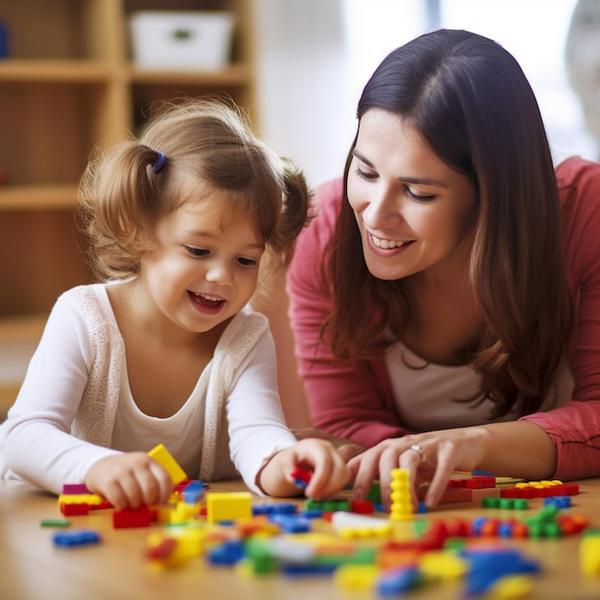When to Let Siblings Work it Out Themselves and When to Step in
Abbie @ MMB

I want my kids to handle conflict reasonably. The impetus for this being one day to have experienced adults who struggle with how to kindly disagree, listen to another’s point of view, and be respectful when expressing a preference. I’d rather my children not grow up to be nightmarish roommates. Therefore, the character building starts today.
There will be times when I’m not around to remind them to use good manners. I may not be nearby when a friend takes their toy or a cousin possesses the coveted crayon. My children need practice navigating conflict without my constant coaching. But, the specific details of HOW to do this are convoluted… I’ve written before about my tendency to micromanage my children. In light of this, how have I tried to loosen the reigns?
- Step in BEFORE punches are thrown. Of course, this isn’t always possible and my kids are physically worse for the wear, but it provides a teachable moment: “remember how this feels next time you want to bite someone else!”
- Role playing. It’s significantly easier to let my kids deduce the best way to handle conflict when tempers are at bay. En route to a play date is great for role playing, “if someone takes a toy from you or you want their toy, what do you say?” “How do you respond if a friend hits you?”
- HALT! Heard this acronym? Stop if you’re too Hungry, Angry, Lonely or Tired. None of us make wise decisions at our worst. If your child is here, HALT. Meet basic needs before interactions, if possible. I’m not a delight when hungry, so how can I expect my toddler to be?
- Kids WILL fail… and, once the storm has passed, talk about how to STOP—Stop, Take a breath, Observe, Proceed. What worked? What didn’t? How did it make them feel? Let them express their feelings. I have one kid who is better at this and has no problems telling me his (often strong) feelings and another who requires prompting: Were you frustrated when they took your favorite truck? Were you sad when she wouldn’t play with you? How can we respond next time?
I’m NO parenting expert. This is what I’m learning today and will continue to learn as my children grow. But, no one accidentally becomes great at conflict. It requires intentionality and teaching. And, let’s face it, it’s easier to learn this when you’re young… although it MIGHT require hourly sessions with mom.
Kara Garis is a cloth diapering, baby wearing, semi-crunchy mama to two active boys and a baby girl. She lives with her husband in Oklahoma and loves running, cooking, traveling, reading and teaching herself how to braid. She blogs very infrequently at karagaris.blogspot.com.







